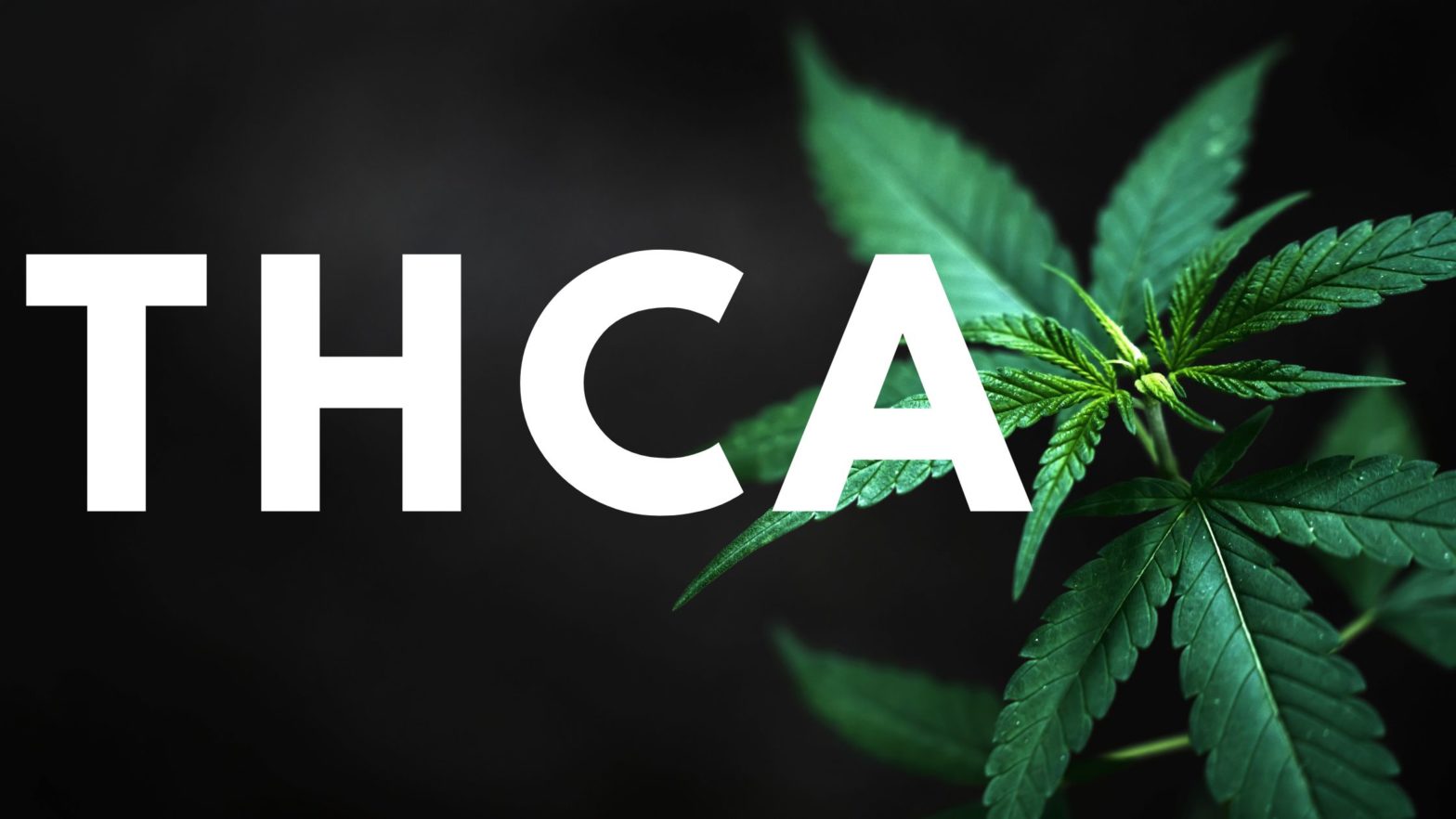Understanding the World of Cannabis: The THCA Component
The cannabis plant is a complex structure made up of hundreds of chemicals that each play a unique role in both the plant’s development and the effect it has on users. One component that is often debated and misunderstood is Tetrahydrocannabinolic Acid, or THCA for short.
THCA: What Exactly Is It?
THCA is a non-intoxicating phytocannabinoid found in raw and live cannabis. As the plant dries, THCA slowly converts into THC (Tetrahydrocannabinol), an element known to produce a ‘high’. This process is known as decarboxylation and is typically sped up with the application of heat.
Does THCA Get You High When Burned?
Given its relationship to THC, it’s not surprising that many people question the psychoactive properties of THCA and if burning it can get them high. As it turns out, the science supports a resounding ‘no’.
Burning THCA does indeed facilitate its conversion into THC but the process is not 100% effective. You are likely to lose a significant amount of THCA in the smoke even before it enters your body. Furthermore, the conversion rate of THCA to THC is not at a level potent enough to mimic the high that one would experience from consuming a product that already contains high amounts of THC.
Decarboxylation: The Science Behind THCA Conversion
Decarboxylation refers to a process that activates the cannabis plant’s cannabinoids, such as THCA, turning them into a form your body can utilize. This process occurs naturally over time as the plant dries, or it can be initiated by heat.
This heat can come from baking, smoking, or vaporizing. The heat causes the THCA molecule to lose its acidic carboxyl group, hence the term decarboxylation. Once this carboxyl group is gone, THCA transforms into its infamous cousin, THC.
However, the key component to understand is that while heat assists in the conversion of THCA to THC, not all THCA will successfully convert. Additionally, even when successfully converted, the new THC is often lost in the smoke or vapor. Thus, the chances of experiencing a THC-like high from burning THCA alone are pretty slim.
Benefits of THCA
Although THCA might not get you high when burned, it isn’t without its benefits. Research suggests THCA has potential in treating various health issues such as inflammation, neurodegenerative disease, and nausea. These potential health advantages make it a powerful cannabinoid that is far from being just a raw, non-psychoactive form of THC.
Wrapping Up the THCA Myth
To round things up, the answer to the question “Does THCA get you high when burned?” is no. While the heat from burning can convert some THCA to THC, the conversion is typically not enough to produce a significant psychoactive effect.
Understanding the unique properties of each component in the cannabis plant can help both consumers and medical professionals use the plant more effectively. THCA, though not a ticket to a high, holds potential value in the health and wellness world, proving that every element of the cannabis plant has a role to play.
Building on our Cannabis Knowledge
As we continue to navigate this ever-evolving world of cannabis and its uses, it’s essential to keep learning and debunking myths. Accurate knowledge about this herbal therapy can inspire a healthier and more understanding relationship with the plant and its components, including THCA.
So, let’s keep burning through the myths and focus on enjoying the genuinely remarkable benefits that cannabis and its many components can offer.

